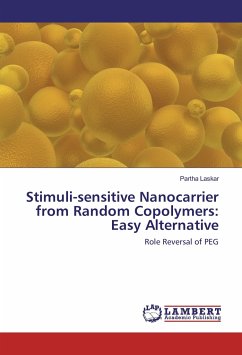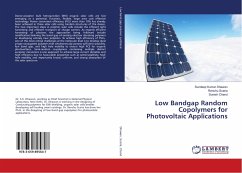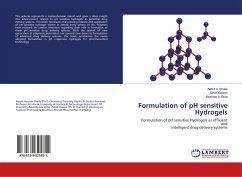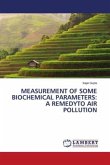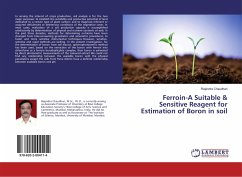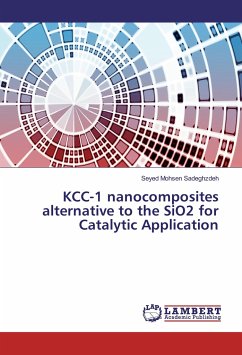Stimuli-sensitive polymeric nanocarriers are considered to be important colloidal systems for drug and gene delivery. The book describes in vitro evaluation of novel stimuli-sensitive self-assembled polymeric micelle (PM) and polymersome (PS) from PEGylated random copolymers as an easy alternative source instead of synthetically more challenging block copolymers. These spontaneously formed stable nanocarriers from easily synthesized random copolymers can not only carry hydrophobic and/or hydrophilic drugs, but also show pH-sensitive release of encapsulated guest. The impact of different hydrophobe (fatty acid chain or cholesterol) content on PMs of hydrophobically modified amphiphilic random copolymers directs the most effective delivery system. The ionic (zwitterionic, cationic, and anionic) random copolymers without having any typical hydrophobe in the backbone form more biocompatible pH-sensitive PS, where PEG forms the bilayer. The cationic PSs are able to carry not only drugs, but also transfect genetic materials to the target site. In addition to pH-sensitivity, the anionic PSs can show glutathione-triggered release of encapsulated drug with disintegration of the vesicles.
Bitte wählen Sie Ihr Anliegen aus.
Rechnungen
Retourenschein anfordern
Bestellstatus
Storno

